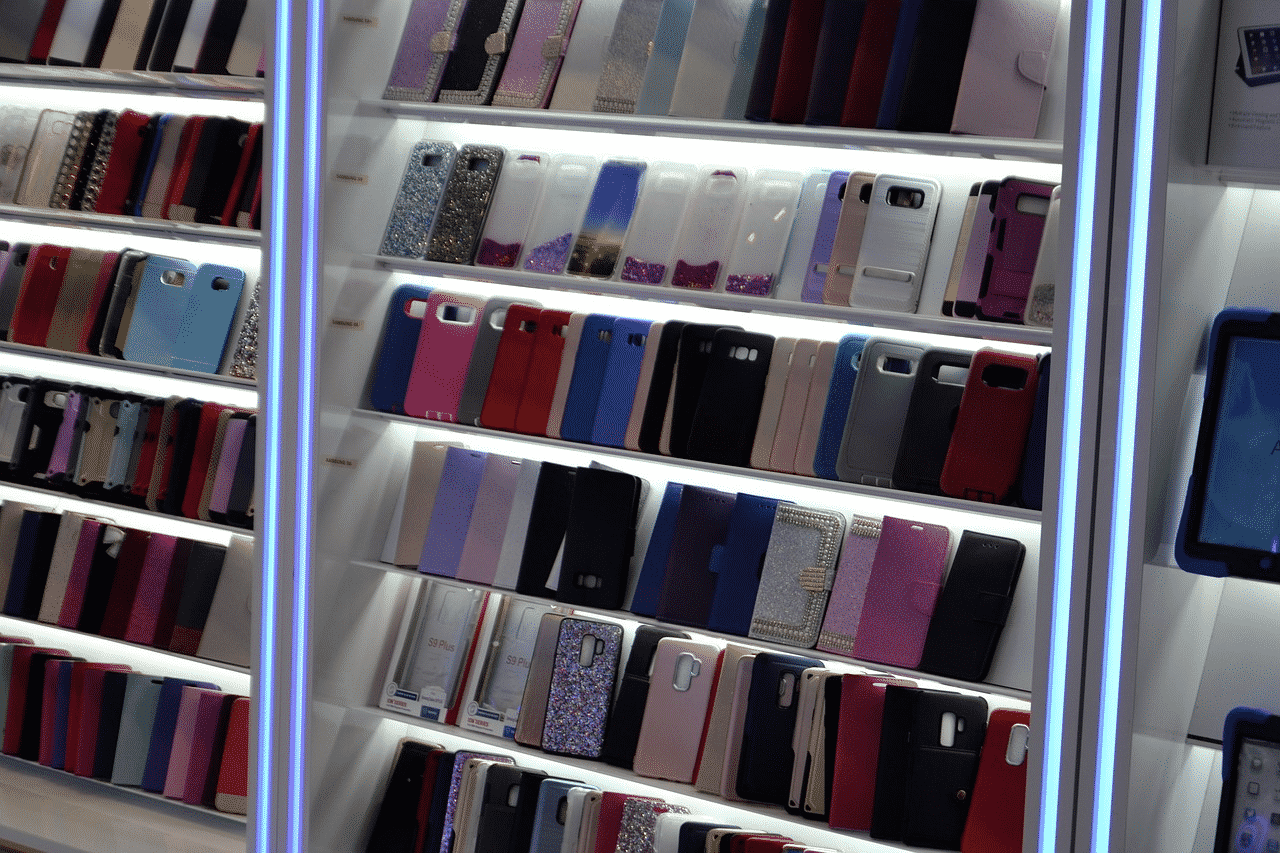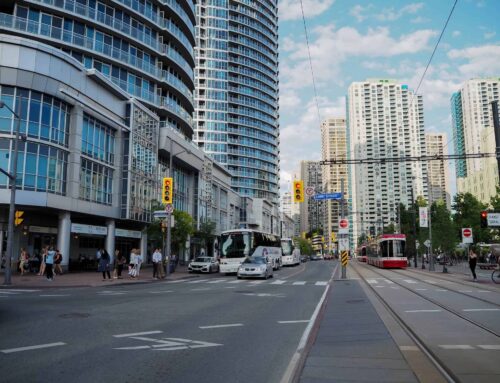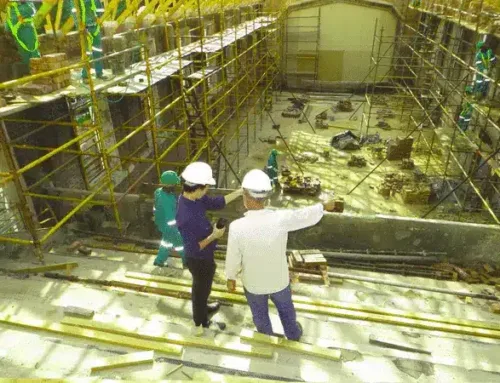There’s nothing more frustrating than experiencing a dropped signal. At the same time, you’re busy answering emails on your morning commute or uploading a holiday picture on Instagram to make all your followers jealous.
We rarely find ourselves in a situation where we’re completely off-grid, but it can happen. So why do cell phone signals drop, and why do many of us still fall victim to low bars?
And while we may think that network providers are at fault, that’s not always the case. Several factors might contribute to a lousy signal other than a badly-performing network.
So before you go changing providers, it might be worth reading the information below and finding out what often causes a drop in signals.
Related: Detailed Zoning Reports and ALTA Surveys
Why Do Cell Phone Signals Go Bad?
Cell Phone signals often go bad when something is blocking its transmission from getting from the nearby tower to the phone itself. Sometimes this can be contributed by a poor network provider, but that’s not always the case.
Here are some of the main contributors to a drop in signal or bad connections in general.
Cellular Traffic
One way to figure out why your signal has suddenly dropped is to ask friends or family around you if they have the same problem. When you’re in a heavily populated area, you have a lot of signals from phones that are all fighting for space on the nearest cell phone tower. The more phone traffic that is fighting for the spots, the weaker your signal is going to be. So when you’re at places like festivals and shopping centers, you might find there’s a reduction in signal strength.
Building Blocking The Signal
Building materials like your house or workplaces with several buildings surrounding you can block your signal. That’s why you may realize that when you are in clear surroundings without any buildings, your signal strength tends to increase. Keep in mind that the signals have to work harder when it comes to getting the cellphone near the tower.
Want to know if a specific location or land might be a problem for cell phone signals? Ask Millman National Land Service on how they can find the answer for you!
Low Battery
Most phones that are over several months old will start to lose the quality of battery life from everyday usage. A low battery can impact the quality of your signal because it has to work significantly harder to communicate between your phone and the cell tower.
Weather
When it comes to heavy weather conditions, it can sometimes impact the ability that cell phones have to transmit and receive electronic magnetic waves. So weather conditions such as humidity, thunder and lightning, snow, and heavy rain can all affect the quality of the signal you receive.
Blocking The Antenna
Remember when phones had antennas and were the size of bricks? Are you too young to remember that? Either way, it’s important to remember that phones still have antennas, they’re just embedded inside the phone itself. If you’re not wary of how you’re holding the phone, you could be inadvertently blocking the antenna and losing the signal.
Mother Nature
Just like weather conditions, mother nature can be a contributor to a drop in signal. Whether you are exploring or camping in a local forest or your home is under the canopy of large trees, all of these factors can result in the drop in signal. There are some things you can adapt to, but for the most part, mother nature can’t be stopped.
Hills And Valleys
The most unfortunate situation where you can lose cell signal is when you’re in a geographic location that is blocked by hills and valleys. If you live in the countryside, then that might be something that certainly has an impact on the quality of your signal. If you’re living on the other side of a mountain, but the cell phone tower is on the opposite side of you, then you’re unlikely to get a good signal.
Solar Flares
Solar flares surprisingly can contribute to the disruption of mobile phone signals. These solar flares are plumes of gas in the atmosphere from eruptions on the sun’s surface that can produce shock waves. These shock waves traveling through space can disrupt our signals.
Cell Tower Distance
Depending on your distance from a cell tower, it’s another reason why cell signals might be weak. For the most part, you have plenty of places that have cell towers nearby, but the more isolated areas tend to have difficulty getting signals.
Related: What Is a Cell Tower and How Does a Cell Tower Work?
Cell Phone Cases
Just like you can block cell phone antennas embedded in the phone, you want to be careful of cell phone cases as these could be directly impacting the signal. Some might be so thick that they end up doing the exact same thing with the antenna.
Magnetics
It’s a good idea to be wary of other magnetic materials that are within your vicinity as these can impact the signal quality and disrupt the electromagnetic waves traveling to and from your phone.
Weak Signal
A weak signal can sometimes be caused by the area that has a busy cell phone tower, or you might have a service provider that isn’t the best when it comes to providing a quality signal.
Need help strengthening your signals? Contact Millman National Land Service for more information!
Dead Spots
Specific service providers might not cover some areas within your country, and these are referred to as “dead spots.” As a result, regardless of what service provider you have, you might not be able to get any signal.
How To Fix Poor Signals
Poor signals might be difficult to fix, but companies like Millman National Land Service can play a crucial role in verifying cell phone tower heights. This can help improve the quality of the signal nearby. You might be able to adapt to your surroundings to receive quality signals, but there are also other options out there, with the most effective one being a cell phone signal booster.
If you’re trying to prevent your cell phone signal from dropping, it’s a good idea to be wary of some of the things that could block or affect your signal, like the above information mentioned in this article.
Related: The Ultimate Guide to ALTA Surveys









